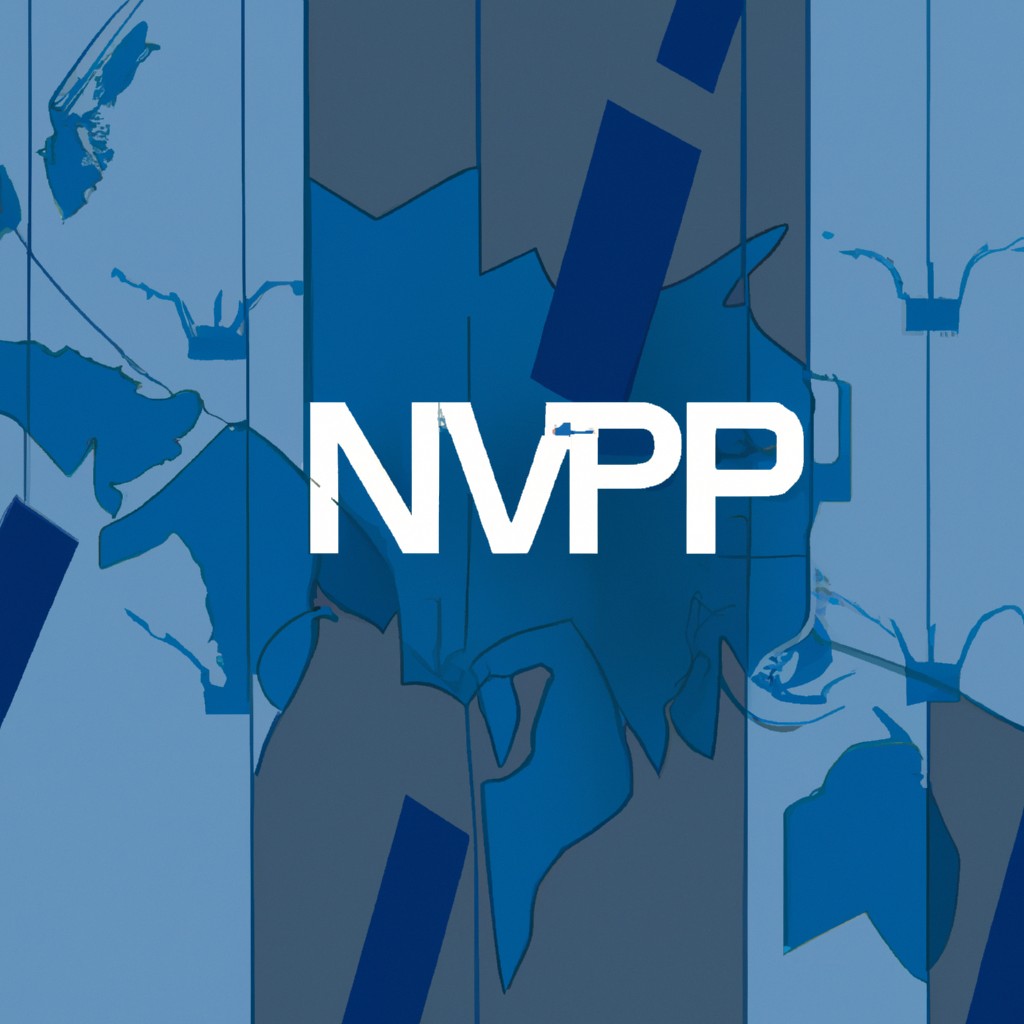You Can Now Get 15GB Free VPN Data With Microsoft Edge
As a VPN enthusiast, I’m excited to share the latest update from Microsoft regarding its built-in virtual private network (VPN) feature, dubbed Microsoft Edge Secure Network. On December 24, 2022, Microsoft announced an expansion of this feature, providing users with a robust layer of security and a significant increase in free VPN data.
Unlocking the Full Potential of Edge’s Built-in VPN
Initially launched with 1GB of free VPN data, this generous allowance has now been increased to an impressive 15GB per month. This upgrade is a testament to Microsoft’s commitment to enhancing user security and privacy. With TorGuard’s expertise in VPN technology, you can now enjoy seamless browsing experience while knowing that your data remains safe and secure.
A Secure Browsing Experience with TorGuard
As an industry expert, I can attest that Edge’s built-in VPN is a significant leap forward from its predecessor, Internet Explorer. By leveraging the Chromium-based architecture of Microsoft Edge, this feature offers a robust security framework that protects users from various threats. With TorGuard at your disposal, you can enjoy:
- End-to-end encryption: Protecting your data traffic from being intercepted or eavesdropped on.
- Secure browsing: Access websites blocked in your region or country with ease and confidence.
- Intuitive user interface: Microsoft Edge makes it easy to set up and use a VPN, even for those new to online security.
Getting Started with TorGuard and Microsoft Edge Secure Network
If you’re already using the Edge Insiders Canary channel, you can start enjoying this enhanced feature today. Simply launch Microsoft Edge Canary, click Settings, select VPN, and customize your connection settings to begin browsing securely.
Key Features of Microsoft Edge Secure Network:
- 15GB free VPN data per month
- End-to-end encryption for secure data transmission
- Intuitive user interface for easy setup and use
- Access to websites blocked in your region or country
Conclusion
Microsoft Edge’s built-in VPN is a groundbreaking innovation that sets a new standard for online security. With TorGuard’s expertise in the field, you can now enjoy a robust and reliable VPN solution that provides peace of mind while browsing the web.



